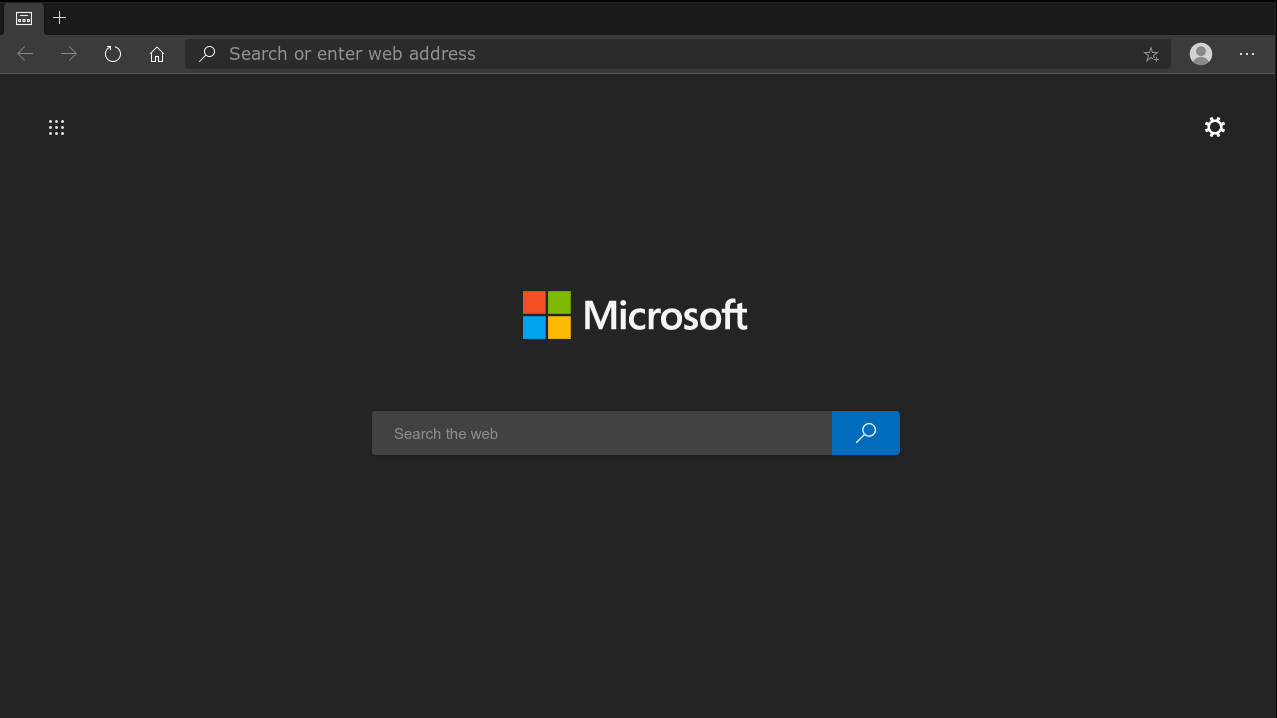

Given the choice of any Linux distro, most of the major vendors are fairly reliable I'd be inclined to choose CentOS or RedHat because I'm familiar with Fedora/RedHat's configuration, having used it for 12 years now. Given a choice between Fedora or Ubuntu, for production work, I'd be inclinded to choose a Ubuntu LTS release, for the 3 year support window. This is fine for a small number of non-critical machines, but I would avoid it on production servers unless you intend to take over security patch maintenance. So you should plan to upgrade once a year to keep up with security releases. Fedora releases every 6 months and each release is only supported until the next two releases are out.


Each Fedora release is similar to a Beta of RedHat's workstation/server product. You don't want to upgrade your production machines' OSes every 6 months.įedora likes to be close to the cutting edge. I'd say that's a minimum req for anyone intending to use lots of installs. Ubuntu has LTS releases which are supported for 3 years. They are based on Debian but adopt a slightly more pragmatic approach, as opposed to Debian, which is more pure in their quest for Freedom. Each distro has different strengths and different philosophies.


 0 kommentar(er)
0 kommentar(er)
